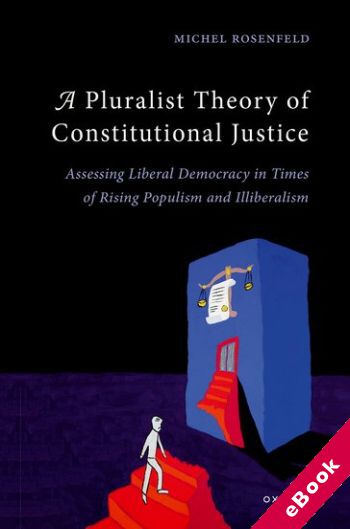
The device(s) you use to access the eBook content must be authorized with an Adobe ID before you download the product otherwise it will fail to register correctly.
For further information see https://www.wildy.com/ebook-formats
Once the order is confirmed an automated e-mail will be sent to you to allow you to download the eBook.
All eBooks are supplied firm sale and cannot be returned. If you believe there is a fault with your eBook then contact us on ebooks@wildy.com and we will help in resolving the issue. This does not affect your statutory rights.
In recent years, liberal constitutionalism has come under sharp attack. Globalization has caused huge disparities in wealth, identity-based alienation triggered by mass migration, and accompanying erosions of democracy. Liberal populists have also adapted the framework of liberal institutionalism, masking their aim to subvert its core values. These developments bring the links between justice and the constitution to the fore, particularly concerning distributive justice in its three dimensions of redistribution, recognition, and representation.
A Pluralist Theory of Constitutional Justice provides a systematic account of the central role of distributive justice in the normative legitimation of liberal constitutions. The requirements of distributive justice are highly contested, and constitutions are susceptible to influencing those they govern. By drawing on Rawls' insight that distributive justice calls for "constitutional essentials", Rosenfeld advances the thesis that liberal constitutions must incorporate certain "justice essentials".
This book is divided into three sections. Part one examines the current legal, economic, political and ideological developments that pose challenges to the normative viability of liberal constitutionalism. Part two offers a rereading of philosophical and jurisprudential literature that sheds crucial light on the relationship between constitution and justice. Finally, part three makes a case for using a thoroughly pluralistic approach in the quest for a constitution's justice essentials.